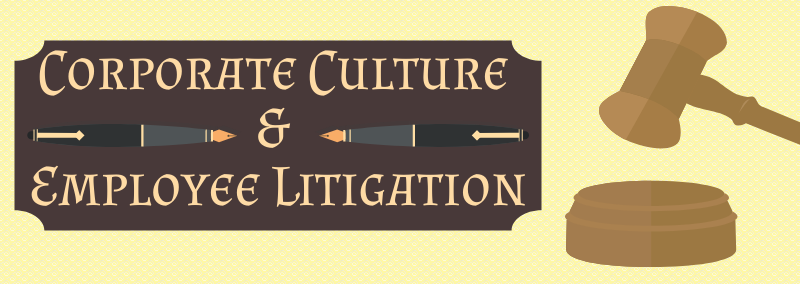The Role of Mental Health in Corporate Culture
The ubiquity of smart technology and information technology has made work-life balance more attainable than ever in the United States workforce. Telecommuting has made it possible for single parents to work while also caring for their children, and for single individuals to pursue personal passions while maintaining a sustainable living. However, this blurring of the […]
10 Steps to Conducting Internal Investigations
When conducting an internal investigation, it’s imperative that the investigation be comprehensive and impartial from the beginning. Depending on the size and resources of the company, this is not always possible. Corporate investigations, while necessary, can often be a monumental burden to a small business or organization. Many medium to small businesses/organizations do not have […]
Corporate Culture Audits: Why Hire a Private Investigator?

When corporations make the investment to evaluate their corporate culture, it’s important that they choose a vendor who offers a comprehensive audit program. With the rise of the #MeToo movement, the Equal Opportunity Commission (EEOC) saw an overall increase of 13.6% of sexual harassment filings in 2018. That’s not counting other filings for discrimination based […]
Corporate Culture & Employee Litigation

Corporate Culture on Your Company’s Intranet
When considering your company’s culture, sometimes it’s difficult to know where your organization stands in relativity to other businesses like yours. The answer could be closer than you think. When corporations submit to a corporate cultural audit, one of the first things that’s evaluated by the auditor is the communication channels within the corporation, or […]
Millennials On Deck to Transform Corporate Culture
If you are a member of Generation X or older, you might have noticed your workplace undergoing significant changes more often than usual. The technology used in daily operations is being updated, streamlined, and implemented from the top-down. The language of your workplace might be changing and evolving. The new hires appear to look younger […]
Corporate Culture Audit: What to Expect During an Audit
Pervasive internal issues are the malignancies that contribute to the decline of any corporation. While they come in many shapes and iterations, issues like communication, employee engagement, and employee relations can quickly derail a corporation’s mission. That’s why corporations across the country are electing to undergo corporate culture audits in order to get a full […]
Corporate Crisis: Contextual Crises within Major Retailers
With retailers like Walmart, Kroger, and Amazon at the forefront of consumer watchdogs, the conversation around corporate culture and how it affects business continues to become inwardly focused. The nature of capitalism and supply-and-demand business models sometimes stand in the way of true reform when it comes to some of the nation’s most profitable corporations. […]